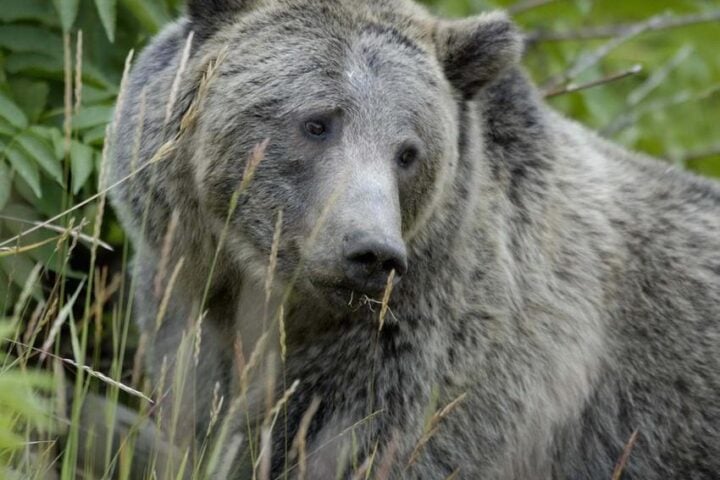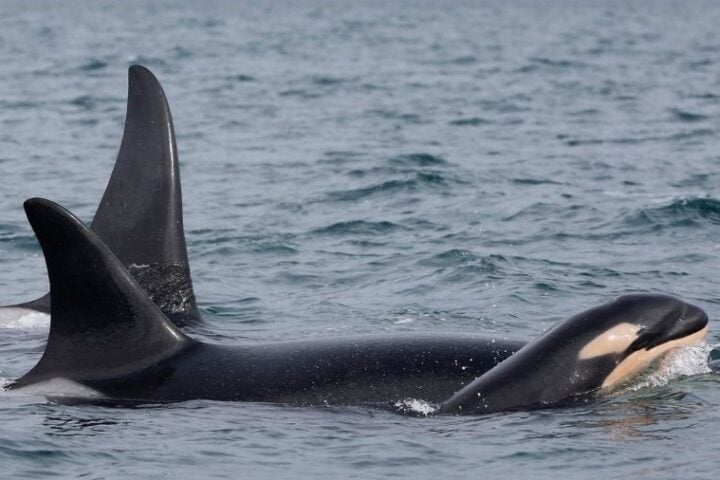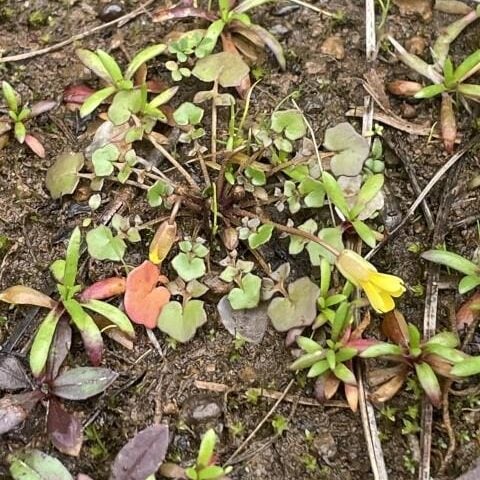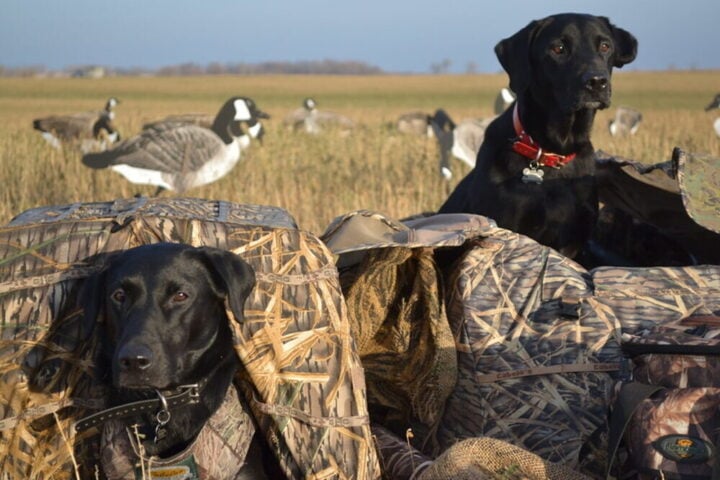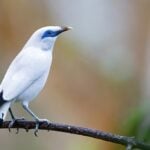A distinctive Texas songbird might soon see changes in its protected status, as federal wildlife officials recommend updating its conservation designation. The U.S. Fish and Wildlife Service has completed a five-year review of the golden-cheeked warbler, suggesting it should be moved from “endangered” to “threatened” under the Endangered Species Act.
This small bird, known for its yellow-marked face and black-and-white body, has been under federal protection since 1990. It’s unique among birds as the only species that nests exclusively in central Texas’s juniper-oak woodlands before heading south to Mexico and Central America for winter.
The recommendation comes after significant changes in understanding the bird’s population. When first listed as endangered in 1990, scientists estimated only 15,000 to 17,000 adult warblers remained. A 2018 study cited in the review found a much larger population of 217,444 male birds.
However, conservation groups warn against reducing protections. “The warbler lost almost a third of its habitat over a recent 10-year period,” says Sharmeen Morrison, an attorney with Earthjustice’s Biodiversity Defense Program. “The service’s decision could open the door to even more habitat loss due to development.”
The bird still faces serious challenges from urban growth, drought, and wildfires. Victoria Rose from Save Our Springs Alliance describes the situation as a “grim backdrop of threats from habitat destruction and climate change.”
Similar Posts
The review has also sparked debate about property rights. The Texas General Land Office sued the federal government in 2022, arguing the bird’s endangered status threatens “state sovereignty” and property rights.
Any change in status would require further steps. If the Secretary of the Interior approves the recommendation, the public will have a chance to comment before any final decision. The Service plans to publish new findings about the species in early 2025.
The warbler’s recovery so far has relied on various protection efforts, including the establishment of the Balcones Canyonlands National Wildlife Refuge in 1992. These conservation measures would continue regardless of the bird’s official status.
For those interested in learning more about the golden-cheeked warbler or sharing information about the species, the Service welcomes public input at esaustininfo@fws.gov.
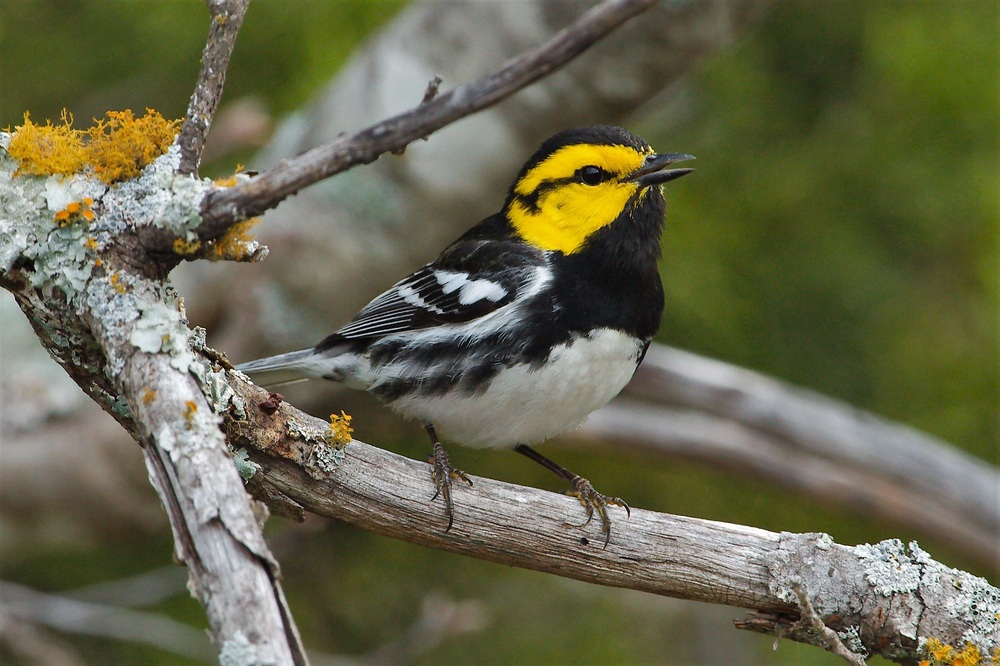


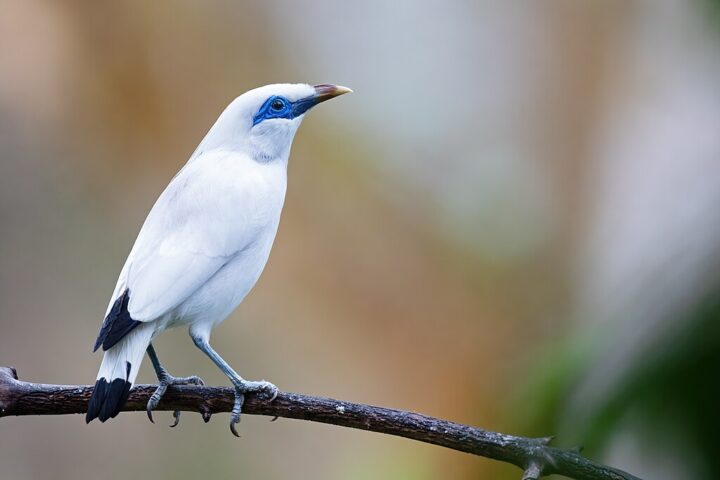
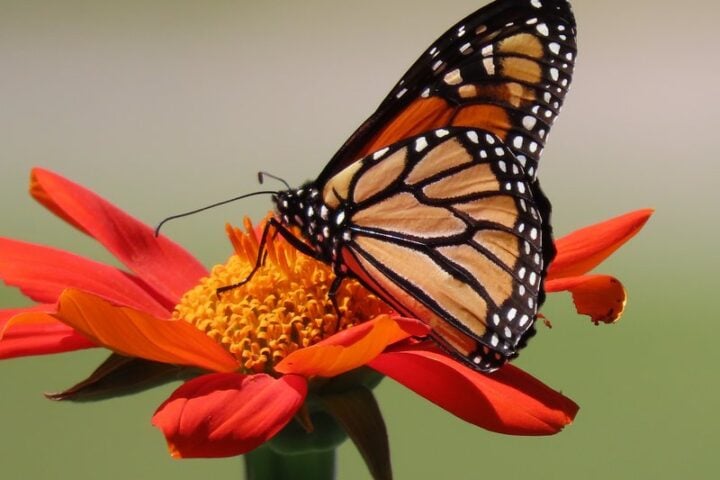
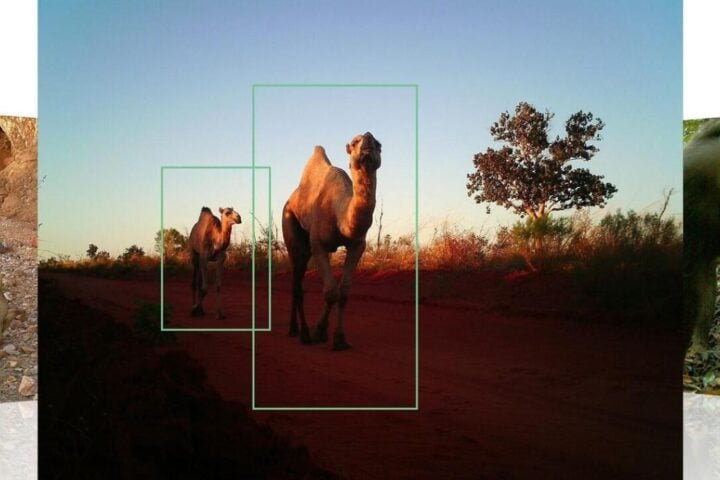
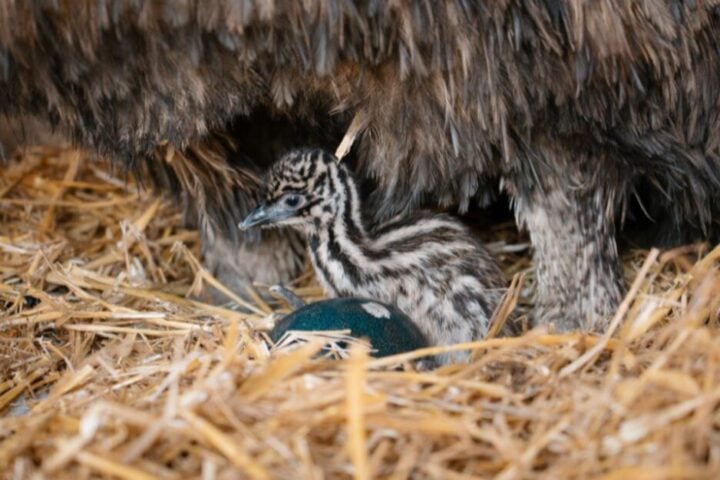
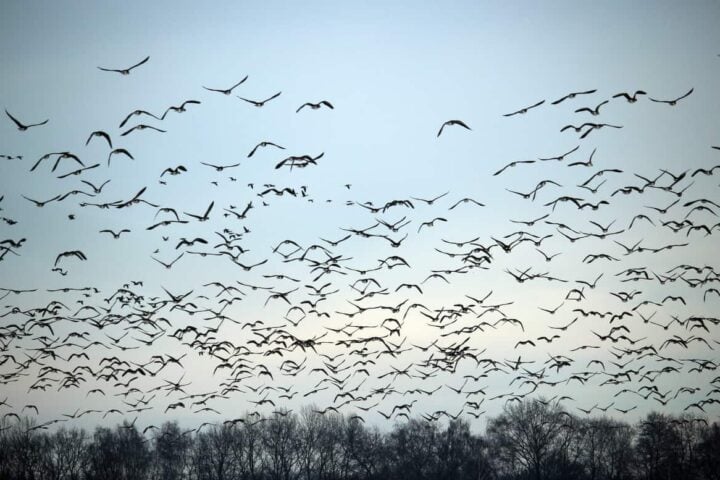
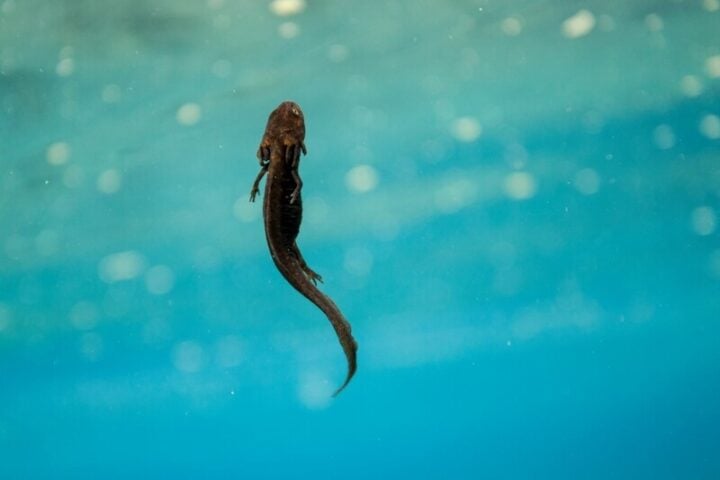
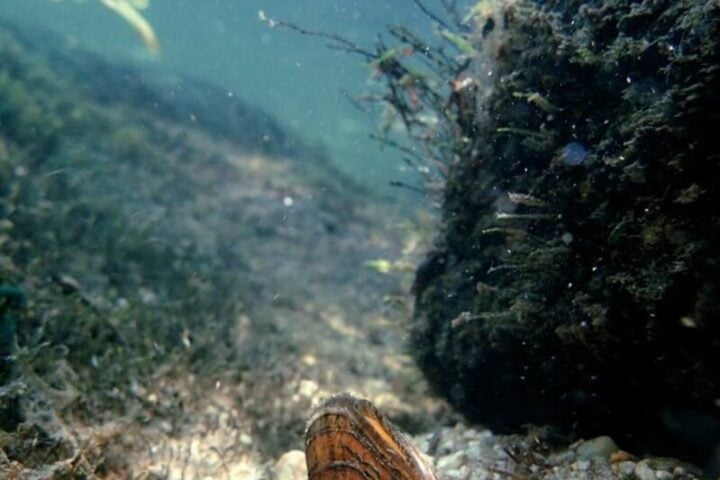
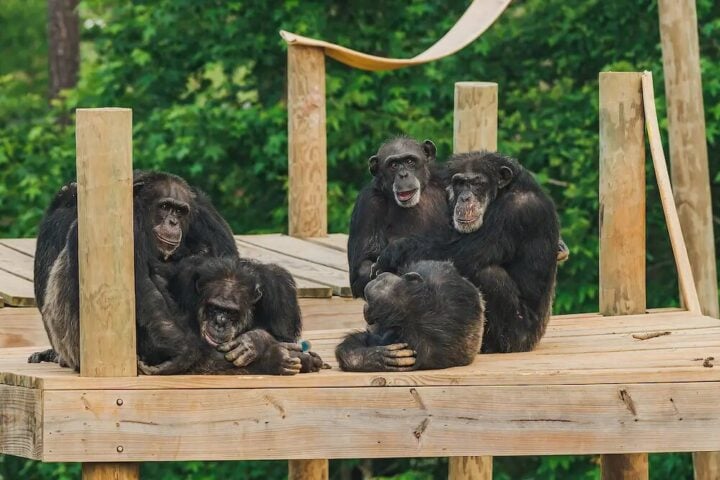
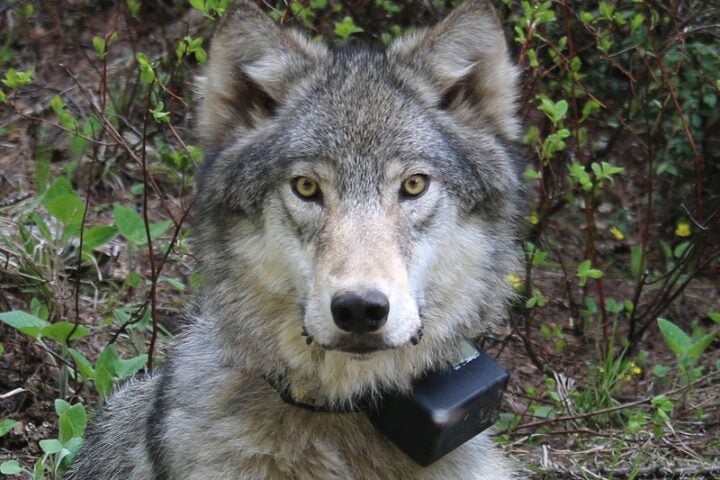

![Representative Image: European Starling [49/366]. Photo Source: Tim Sackton (CC BY-SA 2.0)](https://www.karmactive.com/wp-content/uploads/2025/04/Starlings-Drop-82-in-UK-Gardens-as-Birdwatch-2025-Reveals-Record-Low-Count-Since-1979-720x480.jpg)
